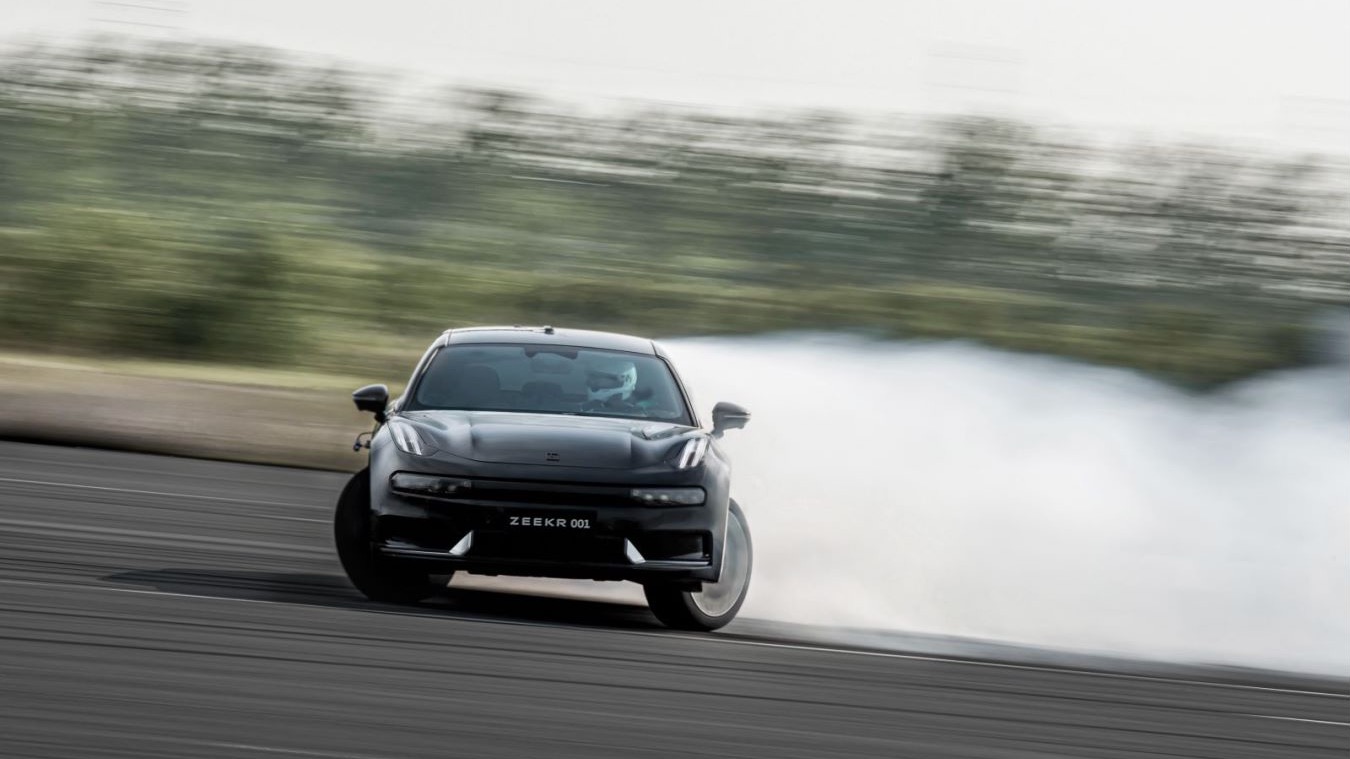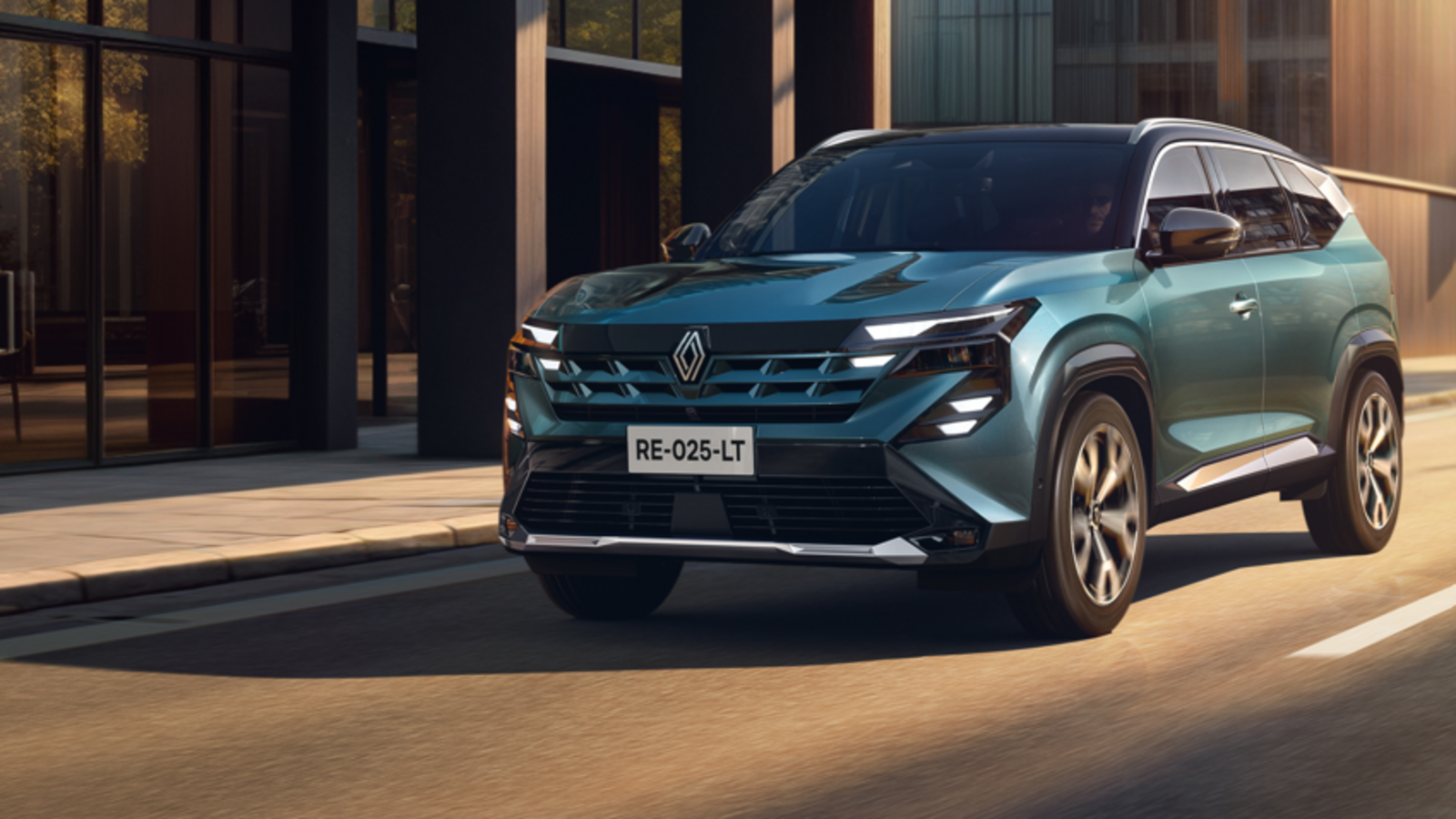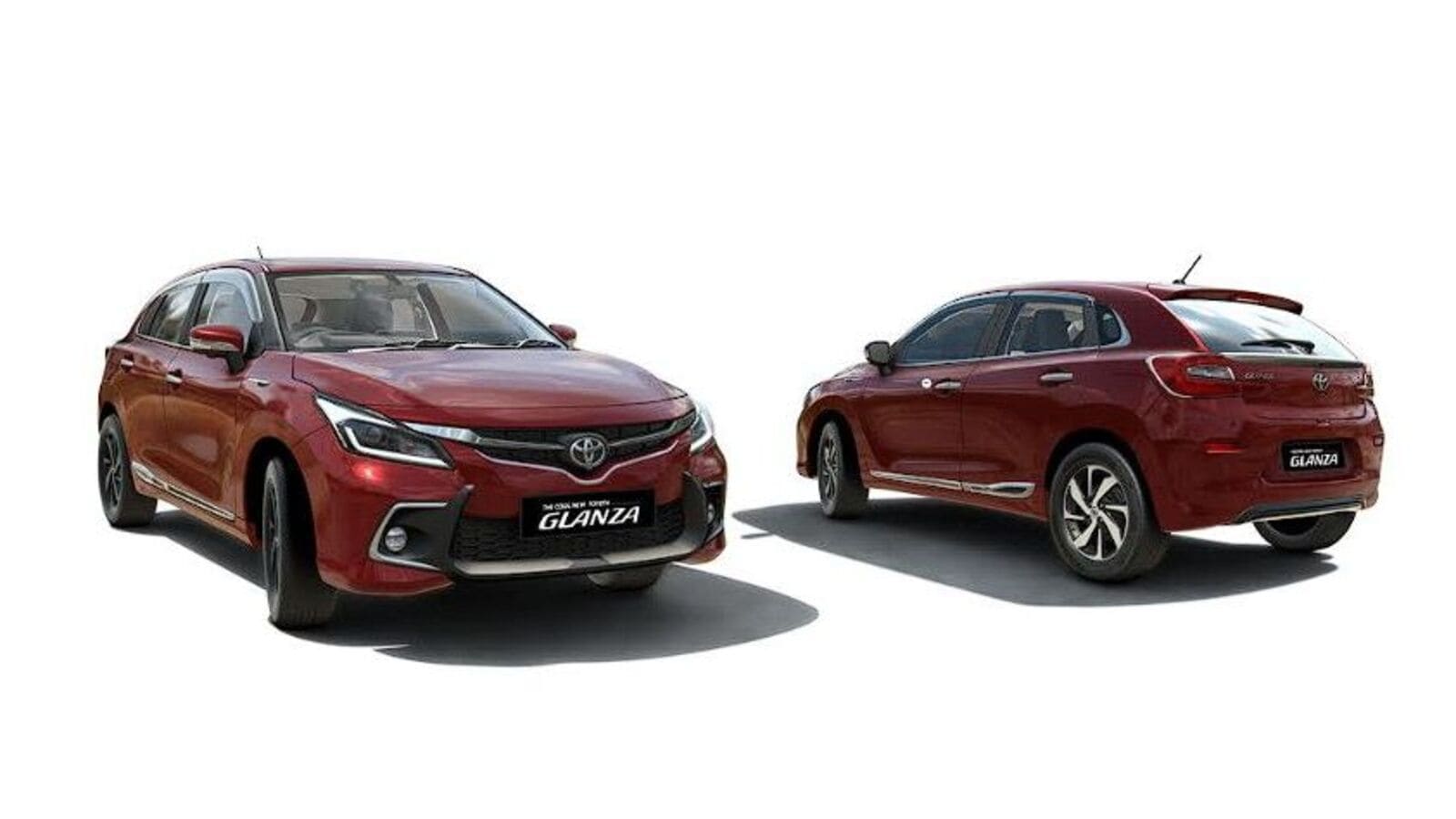Younger U.S. drivers are more open to driving vehicles from Chinese brands than their older counterparts, according to a new AutoPacific survey. But concerns about how Chinese brands manage data privacy were high regardless of age.
No vehicles from Chinese brands are currently sold in the U.S., and that’s unlikely to change due to new tariffs. But nearly half of survey respondents said they were familiar with Chinese vehicle brands, and about 35% said they could consider purchasing a vehicle from a Chinese brand.
Respondents under 40 were much more likely to consider a vehicle from a Chinese brand, though, with 76% expressing some interest. That declines steadily by age group, with only about 26% of those 60 and older willing to consider buying a car from a Chinese brand, according to AutoPacific.
Consideration of vehicle brand from China compared to privacy concerns (from AutoPacific survey)
Data privacy gave respondents pause, though, with 44% saying they would be very concerned about their privacy if Chinese-brand vehicles were sold in the U.S. with another 34% saying they would be somewhat concerned. Despite higher interest in purchasing a car from a Chinese brand, 73% of respondents under 40 still said they were concerned about privacy. And even that may change, analysts believe.
“Privacy concerns about Chinese-brand vehicles are likely to eventually subside given that most of the connected smartphones, smart watches, laptops, and connected home devices, we are comfortable using every day are in fact manufactured in China,” AutoPacific president Ed Kim said in a statement.
Data privacy can also be an issue with cars already sold in the U.S. As a Bolt EV data scandal recently showed, no drivers of connected vehicles can be completely certain their driving data isn’t going to be misused or misinterpreted.
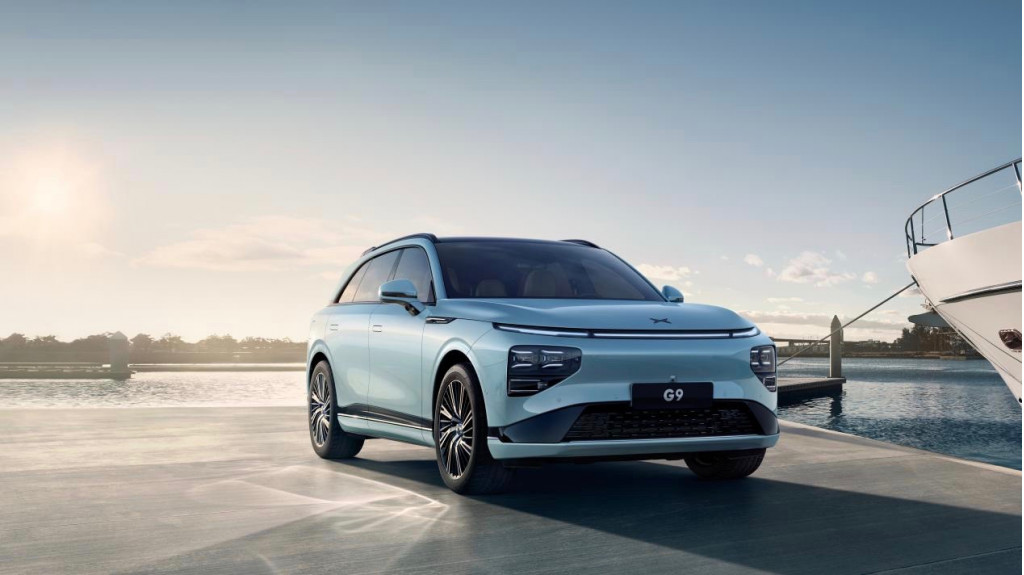
Xpeng G9
The survey comes about a week after the Biden administration hiked tariffs to try to keep Chinese EVs out, placing a 100% tariff on cars built in China. It effectively goes along with plans to tighten the EV supply chain in order to qualify for the federal EV tax credit of up to $7,500.
The administration aims to bolster American manufacturing and union jobs with these measures, but they also cut against the goal of reducing emissions by putting more EVs on the road. As Bloomberg New Energy Finance recently calculated, China now makes enough batteries to support global EV production. Chinese automakers also sell more affordable EVs—something currently lacking in the U.S.—in the markets where they currently operate.
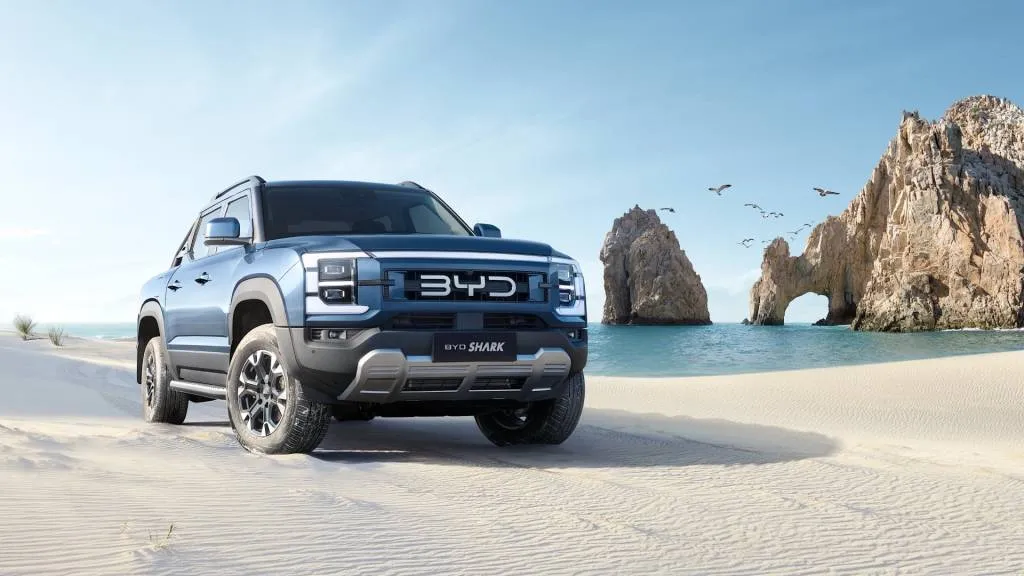
BYD Shark plug-in hybrid pickup
Mexico is broadly seen as the workaround, and China’s BYD made the global launch of its plug-in hybrid pickup in Mexico the same morning as the tariff announcement. EVs assembled in Mexico currently qualify for the federal EV tax credit, and may avoid the new tariffs as well, AutoPacific notes.
North American assembly also seems to be of interest to consumers, as 37% of survey respondents said they would consider a car built in Mexico and then sold in the U.S. And 16% said knowing a Chinese-brand car was assembled in the U.S. would increase their purchase consideration. So perhaps—like the Japanese, Korean, and German automakers before them—Chinese automakers could win over consumers and government officials by building locally.

